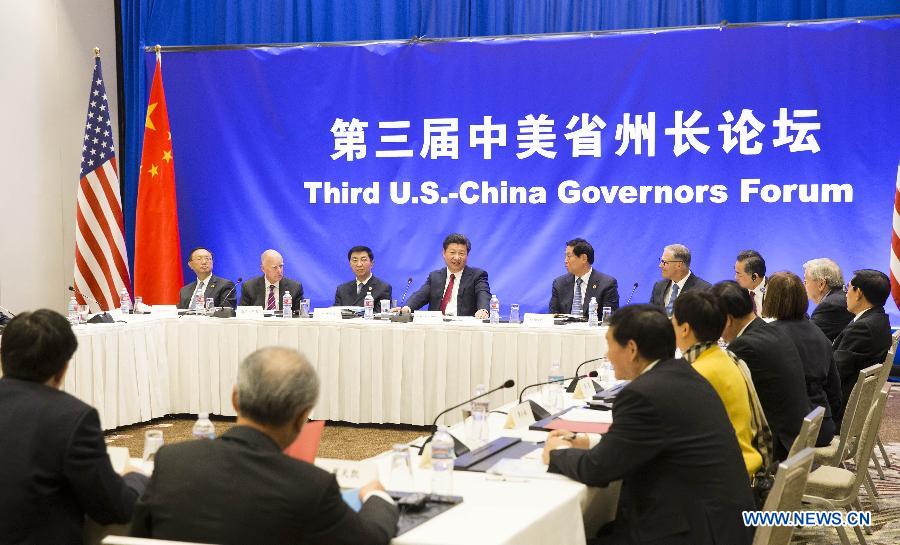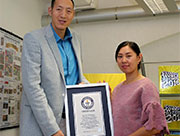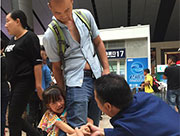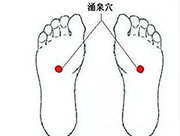


Chinese President Xi Jinping (4th L, rear) speaks during the Third China-U.S. Governors Forum in Seattle, the United States, Sept. 22, 2015. (Xinhua/Huang Jingwen)
SEATTLE, Sept. 24 -- Chinese President Xi Jinping's speech at the third China-U.S. Governors' Forum showed his personal commitment to enhancing local-level cooperation between the two nations, according to U.S. officials, business leaders and experts.
"I appreciated that," said Washington State Governor Jay Inslee who attended the forum with other four U.S. governors and Chinese provincial governors and city mayors.
Addressing the forum here Tuesday, Xi said China-U.S. cooperation at local-level enjoys vaster space for development in the current circumstances.
"I am also deeply aware of the importance of sub-national cooperation to the growth of overall relations between countries. State-to-state relations ultimately rely on the support of the people and serve the people. Provinces and states are closest to the people," Xi said.
"Without successful cooperation at the sub-national level, it would be very difficult to achieve practical results for cooperation at the national level. That is why I place great importance on China-U.S. sub-national cooperation," he explained.
Max Sieben Baucus, U.S. ambassador to China, said the cooperation between the United States and China, two decisive powers in the world, will certainly have far-reaching impact on the whole world, thus the two sides need to continuously deepen and expand cooperation.
Xi mentioned "Thucydides trap" in his speech, which demonstrated the necessity to establish mutual trust between the two countries, he said, saying that this is the problem that the two countries need to face up to jointly.
"There is no such thing as the so-called Thucydides trap in the world. But should major countries time and again make the mistakes of strategic miscalculation, they might create such traps for themselves," Xi said while talking about China-U.S. relations with U.S. local governments and friendly organizations.
Iowa Governor Terry Branstad, a friend of Xi's, brought to the forum a group photo taken with Xi during Xi's visit to Muscatine in southeastern Iowa with a Chinese delegation in 1985 when Xi was working in Zhengding, Hebei Province.
He asked Xi for an autograph on the photo, and said he will hang this photo in his office.
China and the United States have common interests and the two sides must work together not only to settle the differences between them, but also to solve some big problems facing the entire world, said Gary Locke, U.S. ambassador to China from 2011 to 2014.
"I have always believed that the world is looking forward for the leadership from both China and the United States, and hopes they can jointly handle immediate problems confronting the world and human race," said Locke, who had served as Washington State governor.
Vikram Nehru, senior associate of Asia Program, Carnegie Endowment for International Peace, said: "Encouragingly, there has been some progress in talks between the two sides on how to tackle cybercrime, although they still remain far from full agreement."
"China and the United States have already pledged to cooperate on anti-corruption and have agreed to a new mechanism to facilitate the repatriation of corrupt fugitives," he noted.
"Indeed, just five days ago, the U.S. repatriated a Chinese businessman, Yang Jinjun, who had been on China's most wanted list of corrupt officials for a long time," he added.
Paul Misener, vice president of Global Public at Amazon, said his company has developed well in China, where the Internet has developed greatly and more Chinese netizens have access to Amazon's services.
Conjunction between the two countries is much greater than differences, he added.
Xi arrived in Seattle on Tuesday for his first state visit to the United States since he took office in 2013.
Day|Week

 Stunning photos of air show in China’s V-Day parade
Stunning photos of air show in China’s V-Day parade Bikini models compete in oriental beauty pageant
Bikini models compete in oriental beauty pageant Archaeologists find 4,000-year-old sentry post in Shaanxi
Archaeologists find 4,000-year-old sentry post in Shaanxi Chinese couple claim title for Guinness world's tallest married couple
Chinese couple claim title for Guinness world's tallest married couple Left-behind child faces separation from father after summer vacation
Left-behind child faces separation from father after summer vacation Scenic Liangshan: Photographers' paradise
Scenic Liangshan: Photographers' paradise Amazing China-made flying car expected to serve in the army
Amazing China-made flying car expected to serve in the army Bikini boxing on opening day of a bar in Taiyuan
Bikini boxing on opening day of a bar in Taiyuan Have you met her? Campus belle from Wuhan University
Have you met her? Campus belle from Wuhan University Expert reveals top five longevity acupuncture points
Expert reveals top five longevity acupuncture points